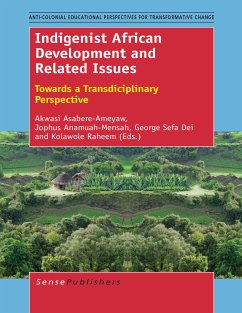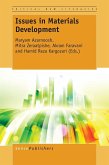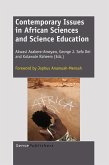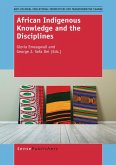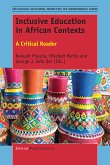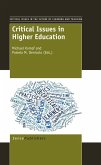There is no term so heavily contested in social science literature/nomenclature than 'Development'. This book brings Indigenous perspectives to African develop¬ment. It is argued that contrary to development as we know it not working, a greater part of the problem is that conventional development approaches that work have in fact not truly been followed to the letter and hence the quagmire. All this is ironic since everything we do about our world is development. So, how come there is "difficult knowledge" when it comes to learning from what we know, i.e., what local peoples do and have done for centuries as a starting point to recon¬structing and reframing 'development'? In getting our heads around this paradox, we are tempted to ask more questions. How do we as African scholars and research¬ers begin to develop "home-grown solutions" to our problems? How do we pioneer new analytical systems for understanding our communities and offer a pathway to genuine African development, i.e., Indigenist African development? (see also Yankah, 2004). How do we speak of Indigenist development mindful of global developments and entanglements around us? Can we afford to pursue development still mired in a "catch up" scenario? Are we in a race with the development world and where do we see this race ending or where do we define as the 'finishing line'? A Publication of the Centre for School and Community Science and Technology Studies [SACOST], University of Education, Winneba, Ghana
Dieser Download kann aus rechtlichen Gründen nur mit Rechnungsadresse in A, B, BG, CY, CZ, D, DK, EW, E, FIN, F, GR, HR, H, IRL, I, LT, L, LR, M, NL, PL, P, R, S, SLO, SK ausgeliefert werden.

